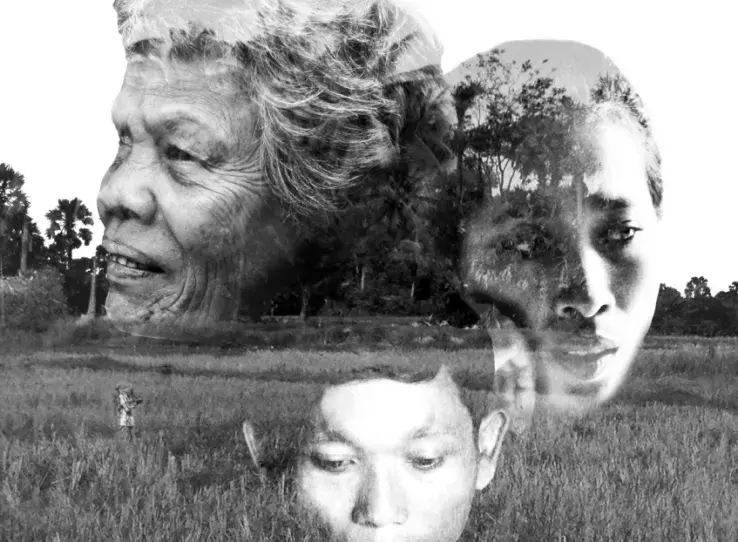Error message

Using outreach-friendly television broadcasting of the Khmer Rouge (KR) trials in Cambodia in conjunction with community-based dialogue meetings, the Voices for Reconciliation: Promoting Nationwide Dialogue on the Khmer Rouge Past through the Mass Media and Community-Level Survivor Networks project aimed to 1) increase community awareness and understanding of the Extraordinary Chambers in the Courts of Cambodia (ECCC) trials, 2) empower conflict-affected groups to create spaces for dialogue at the community level, and 3) build the necessary capacities among those groups and civil society intermediaries to create environments favorable for longer-term reconciliatory processes beyond the ECCC. The project engaged with the Cambodian Human Rights and Development Association's Civil Party Representative Scheme, which supports a network of Civil Parties (CPs) and Civil Party Representatives (CPRs) who are party to the ECCC proceedings. To achieve the objectives, the project had a three-prong strategy: 1) the production and broadcasting of television programs and media outreach to the general population, 2) the organization of community-based dialogue meetings using outreach films to inform Cambodians in rural areas about the ECCC and its developments, and 3) capacity building to civil society groups and 46 CPRs who were directly involved with the project. This report was produced as part of an evaluation of the project in Cambodia, and involved an assessment of the project outcomes in relation to the participation of the CPs and CPRs in the project and lessons learned from the project implementation. The results are based on interviews with a non-random sample of 101 CPs and 38 out of 46 CPRs who participated in the project. To complement the survey, four focus group discussions including a total of 18 women and 14 men, were conducted in four different provinces. The interviews and the focus group discussions took place during the first two weeks of July 2015 at the end of the project. The results represent the points of view of study participants at the time of the survey and focus groups discussions only. This project was supported by USAID and implemented by the East-West Center and WSD Handa Center for Human Rights & International Justice, Stanford University.
Using outreach-friendly television broadcasting of the Khmer Rouge (KR) trials in Cambodia in conjunction with community-based dialogue meetings, the Voices for Reconciliation: Promoting Nationwide Dialogue on the Khmer Rouge Past through the Mass Media and Community-Level Survivor Networks project aimed to 1) increase community awareness and understanding of the Extraordinary Chambers in the Courts of Cambodia (ECCC) trials, 2) empower conflict-affected groups to create spaces for dialogue at the community level, and 3) build the necessary capacities among those groups and civil society intermediaries to create environments favorable for longer-term reconciliatory processes beyond the ECCC. The project engaged with the Cambodian Human Rights and Development Association's Civil Party Representative Scheme, which supports a network of Civil Parties (CPs) and Civil Party Representatives (CPRs) who are party to the ECCC proceedings. To achieve the objectives, the project had a three-prong strategy: 1) the production and broadcasting of television programs and media outreach to the general population, 2) the organization of community-based dialogue meetings using outreach films to inform Cambodians in rural areas about the ECCC and its developments, and 3) capacity building to civil society groups and 46 CPRs who were directly involved with the project. This report was produced as part of an evaluation of the project in Cambodia, and involved an assessment of the project outcomes in relation to the participation of the CPs and CPRs in the project and lessons learned from the project implementation. The results are based on interviews with a non-random sample of 101 CPs and 38 out of 46 CPRs who participated in the project. To complement the survey, four focus group discussions including a total of 18 women and 14 men, were conducted in four different provinces. The interviews and the focus group discussions took place during the first two weeks of July 2015 at the end of the project. The results represent the points of view of study participants at the time of the survey and focus groups discussions only. This project was supported by USAID and implemented by the East-West Center and WSD Handa Center for Human Rights & International Justice, Stanford University.




